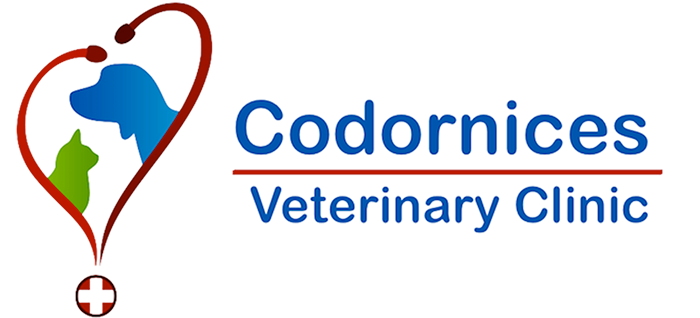Keep Your Pet Safe: Uncover the 5 Most Common Toxins in Your Home
In honor of National Animal Poison Prevention Week, taking place from March 19 to 25, our team wants to share some of the most common household products that are toxic to pets.
#1: Medications
Food-motivated pups, in particular, are notorious for snatching medication that is dropped or left within reach. From a whole bottle of beef-flavored heartworm preventives to their pet parent’s prescription pills, the consequences of ingestion can be fatal. If your beloved pup has had access to medications, it is important you contact an animal poison control hotline as soon as possible—timely action may save their life!
#2: Food
The kitchen is a veritable treasure trove of danger for your furry friend, what with all the delectable treats that can so easily cause them harm. Chocolate, macadamia nuts, xylitol, avocados, and unbaked yeast dough are just some of the toxic foods which could lead to anything from alcohol poisoning and seizures to severe hypoglycemia in pets. So make sure you keep your pet out of cooking areas – even if they want otherwise! And invest in a locking trash bin; it’s guaranteed to stop those inquisitive little noses from getting into trouble.
#3: Household chemicals
To keep your four-legged family members safe, it’s essential to make sure that potentially dangerous chemicals are safely stored away from their reach. Make certain the following everyday substances are safeguarded:
- Cleaning products
- Disinfectants
- Aerosol air fresheners and other products
- Candles
- Antifreeze
- Windshield washer fluid
- Paint
- Glue
- Nail polish remover
#4: Houseplants
Before purchasing a bouquet or adding any greenery to your garden, always make sure that they are pet-safe by perusing the ASPCA’s toxic plant list. Many houseplants, and their chemicals too, may prove poisonous to pets; lilies especially can be fatal if cats only come in contact with its pollen! Other indoor plants such as dieffenbachia, elephant ear, and spider plants can also harm animals; outdoor species like ivy and oleander must also be avoided. Stay safe…and keep your furry family members happy!
#5: Batteries and coins
If your pet bites into a battery or swallows coins, it can lead to metal poisoning. Furthermore, if the battery is punctured by their sharp teeth, chemical burns may occur. Even intact batteries ingested whole have been known to cause severe gastrointestinal blockage in pets.
If you think your pet has been in contact with a toxic substance, contact our team immediately.
